Are you seeing more severe challenging behaviors in your program…from more children, more often…than ever before?
Do some of your long-time staff members say that the challenging behavior strategies they use just don’t seem to work like they used to?
Do you find yourself with the same children in your office - or walking down the hall to help - day after day, week after week…because teachers are at a loss of what to do?
Yet, when you, a coach, trainer, or specialist suggest new ideas some (many? most?) teachers seem to dismiss the ideas as unrealistic or something they’ve already tried?
Does high turnover and an utter lack of hirable prospective staff make it seem like it’s impossible to address any chronic problems in your program, including challenging behavior?
You’re definitely not alone (which I’m sure you know).
By the way, is supporting teachers with challenging behavior even in your job description?
Or is that something that constantly seems to pull you away from your other work?
I mean OF COURSE as a director or leader you’re not just going to leave new, inexperienced or struggling teachers to handle behaviors on their own! Especially if they’re using outdated, prohibited or problematic strategies.
Here’s the thing…
This isn’t just a “post-pandemic”/kids-were-at-home/missed-time-ingroup-care” thing.
SURE that’s 100% in the mix.
And, yes, you also may be working with children and families who’ve experienced tremendous hardship or trauma. So they’re bringing that to your program and it impacts those behaviors.
BUT, there’s also more to the story.
There are some critical elements being left out of how we think and talk about “challenging behavior” in early childhood in 2024.
This email is getting long so yes I’m leaving you with a bit of a cliffhanger.
But keep your eye out for another email from me with “[TCB Leaders]” in the title so we can chat more on this…
In the meantime, do me a favor?
Let me know what your biggest struggle is when it comes to supervising and supporting teachers who struggle with challenging behavior in the COMMENTS below.

